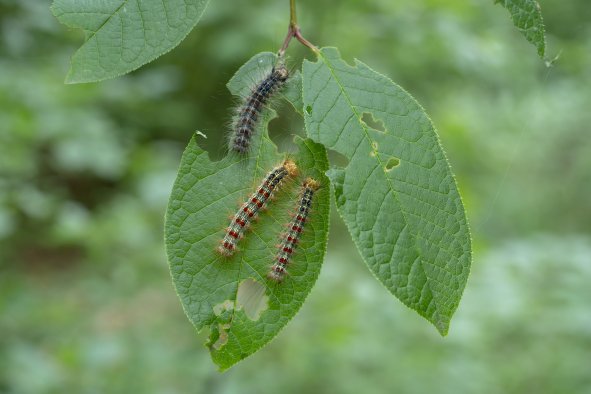Following a Mediterranean diet may help protect you against developing COVID-19, according to a new study.
Scientists discovered trends between people eating a Mediterranean diet and lower infection rates with COVID-19 in a systematic review of six articles involving data from over 55,000 patients.
A Mediterranean diet is an eating pattern that primarily focuses on plant foods, such as vegetables, legumes, fruits, whole grains, nuts and seeds, as well as oily fish—salmon, herring, mackerel, trout, sardines, anchovies—and lashings of olive oil. Meat and alcohol may also be included in smaller amounts.
The diet is considered anti-inflammatory and is already associated with a reduced risk of diseases, such as cardiovascular disease, reduced symptoms in inflammatory conditions, such as obesity, arthritis and psoriasis, and good mental well-being.
The authors of this study found a correlation between eating a Mediterranean diet and a reduced risk of developing COVID—and some limited evidence that might suggest that it could also reduce the likelihood of developing worse symptoms.
Their study found that this might be because inflammation is believed to be a critical factor in the development and severity of the virus. Once the body's immune system initially responds to COVID, an uncontrolled inflammatory response may follow, called a cytokine storm.
This cytokine storm may advance the disease, involving multiple organs across the body, and could have serious consequences. Doctors use drugs to regulate the immune system and calm the cytokine storm.
A Mediterranean diet may have a similar effect. Plants and oily fish are rich in vitamin D, a micronutrient that helps support the immune system in fighting off viral infections. Also, polyphenols and omega-3 are rich in Mediterranean diets, which have antioxidant properties to help the body quell inflammation.
Previous studies have, therefore, shown that people following a Mediterranean diet tend to have a lower expression of pro-inflammatory molecules in their bodies. Hence, it could help fight COVID and prevent a cytokine storm.
None of this is yet proven; further studies will have to be done to better understand the relationship between this diet and COVID.
The study itself had some limitations. For instance, all the data was observational and collected from food questionnaires, which can be unreliable.
The authors also noted that the relationship between a Mediterranean diet and lower rates of COVID was relatively minor, and they could only spot it because they analyzed data from a large data set.
Their study was inconclusive regarding associations between a Mediterranean diet and the symptoms and severity of COVID. There was some evidence to suggest a Mediterranean eating pattern might be linked with fewer and less severe symptoms, but some evidence that it might not have a significant effect.
However, The study authors identified some foods associated with less severe COVID symptoms: vegetables, fruit, legumes, nuts, whole grains and fish.
Those who consumed more fruit, nuts and olive oil, less red meat and cereals, and moderate alcohol tended to have lower rates of COVID.
It should be noted that data about the health benefits of moderate alcohol consumption can often be swayed by nondrinkers avoiding alcohol for health or addiction reasons—although the authors suggested it might be due to the antioxidants in red wine.
Do you have a tip on a food story that Newsweek should be covering? Is there a nutrition concern that's worrying you? Let us know via science@newsweek.com. We can ask experts for advice, and your story could be featured in Newsweek.
Reference
Halim, C., Howen, M., Fitrisubroto, A. A. N., Pratama, T., Harahap, I. R., Ganesh, L. J., Siahaan, A. M. P. (2024). Relevance of Mediterranean diet as a nutritional strategy in diminishing COVID-19 risk: A systematic review, PLOS ONE 19(8). https://doi.org/10.1371/journal.pone.0301564
Disclaimer: The copyright of this article belongs to the original author. Reposting this article is solely for the purpose of information dissemination and does not constitute any investment advice. If there is any infringement, please contact us immediately. We will make corrections or deletions as necessary. Thank you.



